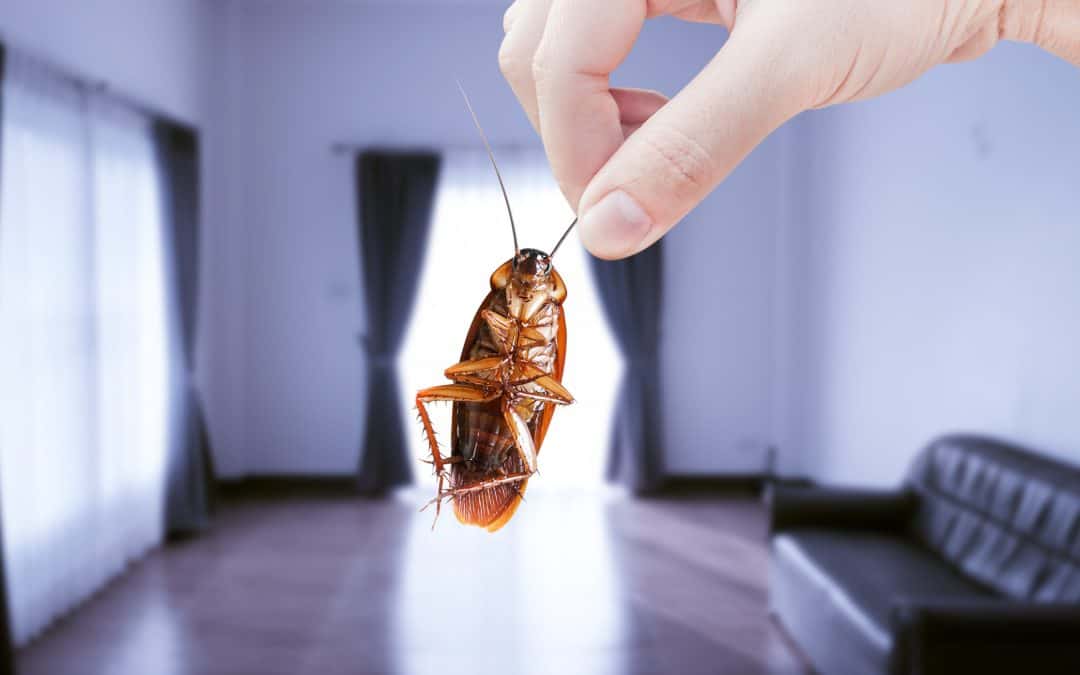If you’ve noticed that your usual roach sprays and traps just aren’t cutting it anymore, you’re not alone. One of the biggest pest control complaints right now is why roaches are harder to kill this year. And the answer isn’t just about bad luck—there’s real science and shifting behavior behind this frustrating trend.
Roaches are evolving fast, adapting to chemicals, finding smarter hiding spots, and reproducing like crazy. So, if you’ve been wondering why your kitchen still has unwanted guests even after your best efforts, this post will break it down in plain English—and give you some tips to fight back.
The Roach Resistance Problem
The number one reason why roaches are harder to kill in 2025? Pesticide resistance. Over the years, these pests have been exposed to all kinds of chemical treatments. Now, they’re building up immunity, especially against common ingredients like pyrethroids and neonicotinoids.
That means the sprays and traps that used to work just fine might barely slow them down today. And to make things worse, some roaches are actually passing on that resistance to their offspring, making each new generation even tougher.
This is survival of the fittest in real time—and it’s happening inside your walls.
Super Roaches: Not Just a Myth
No, we’re not talking about Marvel villains. But today’s cockroaches do have some near-superhero qualities. Researchers are finding that certain strains of German cockroaches—the most common household type—are developing cross-resistance. That means they can survive multiple types of poisons at once, even ones they’ve never been exposed to before.
So if you’ve been asking yourself why roaches are harder to kill with every new product you try, it’s because these bugs have leveled up. Literally.
Climate Change Makes Things Worse
Roaches thrive in warm, humid environments. And as temperatures rise across the country—especially in areas that didn’t used to have big pest problems—roach infestations are spreading faster and lasting longer.
Milder winters mean more roaches survive through the season. Hotter summers give them longer breeding cycles. And with more moisture in the air, they find even more hiding spots to lay eggs and multiply.
So not only are they tougher, but they’re also sticking around longer and showing up in new places.
Why Roaches Are Harder to Kill With Store-Bought Sprays
Let’s get real: those cheap cans of roach spray at the grocery store? They barely make a dent now. Sure, you might take out one or two stragglers, but the core colony hiding behind your fridge or under your cabinets? Untouched.
Why roaches are harder to kill with these products comes down to two things:
- Roaches are evolving to resist active ingredients.
- Sprays only kill on contact—they don’t break the life cycle.
Unless a product can reach eggs, nymphs, and adults across multiple generations, it’s just not going to solve the problem anymore.
Smarter Bugs, Smarter Behavior
Roaches aren’t just getting tougher—they’re getting smarter. Some have started avoiding poisoned bait altogether. Others have adapted their feeding habits or changed their activity patterns to avoid high-risk areas.
Scientists have even documented behavioral resistance—meaning some roaches simply “learn” to stay away from traps and chemicals. It’s creepy, but it explains a lot.
So if you feel like these bugs are playing hide-and-seek with your efforts, you’re not imagining it.
Why Roaches Are Harder to Kill in Urban Areas
Big cities are having an even tougher time. The close quarters, older plumbing systems, and dense housing create perfect conditions for roach infestations. In urban areas, roaches can travel between units easily, survive off garbage or leaks, and reproduce faster due to stable indoor temps.
That’s a big reason why roaches are harder to kill in apartments and condos—your problem might actually be your neighbor’s problem, too.
Unless everyone treats the issue, it’s just a waiting game before they come back.
How to Fight Back Against the New Roach Wave
Okay, we’ve covered the “why.” Now let’s talk solutions. Here’s how to step up your anti-roach game this year:
1. Use Gel Baits—Not Just Sprays
Gel baits with newer active ingredients can still work when used strategically. Place them near cracks, under sinks, and along baseboards where roaches like to travel.
2. Combine Products (Carefully)
Use a mix of bait, dust (like boric acid or diatomaceous earth), and sticky traps. This combo hits different stages of the roach lifecycle.
3. Target Entry Points
Seal up gaps, fix leaks, and clean up food crumbs immediately. Deny them shelter and food.
4. Don’t Rely on One Product
Rotate different bait formulas every few months to stay ahead of resistance.
5. Call the Pros If Needed
If you’ve tried everything and they’re still winning, it might be time to call in a pest control service with access to pro-grade treatments and heat solutions.
Why Roaches Are Harder to Kill Isn’t the End of the Story
Yes, it’s frustrating. Yes, these bugs are tougher, faster, and sneakier than ever. But it’s not hopeless. Now that you know why roaches are harder to kill, you can build a smarter plan to fight them.
Adapt just like they have. Be more consistent with cleanup. Switch up your products. Get help when needed. With the right mix of strategy and persistence, you can win this fight.
Final Thought: Don’t Wait—Act Early
The worst thing you can do is ignore the first signs—droppings, eggs, that one lone roach running across the counter. Act early and aggressively. Because once they’re settled in, your job gets 10x harder.
And now you know why roaches are harder to kill, you’ve got no excuse not to hit back harder.
